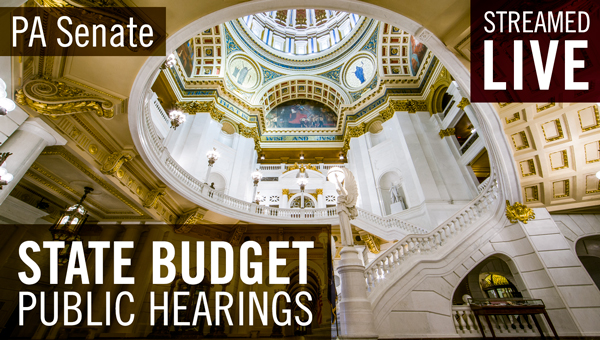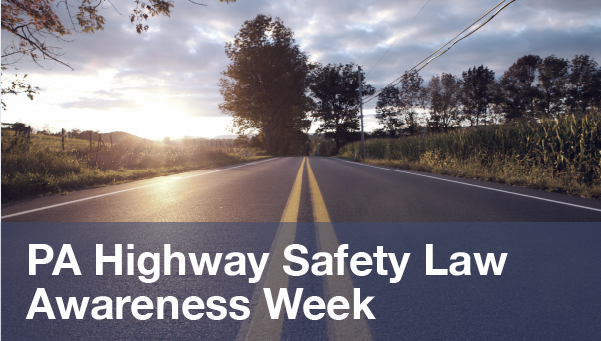
|
||||
|
In this Update:
Senate Set to Question Wolf Administration on Spending Plan
On Feb. 8, Gov. Wolf proposed a $45.7 billion state budget for 2022-23 that would increase spending by $4.5 billion, create a $1.3 billion deficit in the following year and produce a $13 billion deficit by 2026-27. Next week, the Senate Appropriations Committee kicks off four weeks of public hearings to review the spending plan and question administration officials in preparation for developing a more responsible budget prior to the June 30 constitutional deadline. You can find livestreams of the hearings, video of previous hearings and daily recaps here. I’ll report back each week with updates on this important process. Keeping Track of Non-Budgeted State Tax Dollars
While the process of passing a responsible state budget gets underway, a new resource is available highlighting state spending that occurs after the budget is enacted. A webpage recently launched by state Treasurer Stacy Garrity explains Ledger 5, which is used to account for non-budgeted expenditures incurred during a fiscal year that are legally mandated or necessary to maintain public health, safety or welfare. Before Ledger 5 can be used, the Governor’s Office of the Budget must provide Treasury with documentation, known as an Expenditure Symbol Notification (ESN) memo, to explain and justify the expenditure. Treasury reviews the ESN memo and other expenditure documentation to ensure the payment is legal and correct. All ESN memos will be posted on the new webpage. Help for Families Navigating the College Aid Process
The Pennsylvania Higher Education Assistance Agency is offering several free webinars in February, March and April to help students and families plan for college and fill out the Free Application for Federal Student Aid (FAFSA). FAFSA Overview (Feb. 28, April 18) Financial Aid 101 (March 7, March 28) Financial Aid Junior Jumpstart (April 13) Click here for times and registration. New Helpline Available for Farmers Seeking Mental Health Services
Pennsylvania farmers and farm families seeking mental health support can now access a free helpline for assistance. The AgriStress HelpLine for Pennsylvania is available 24 hours a day, seven days a week. Farmers can call 833-897-AGRI (2474) to speak to a health care professional. According to the American Farm Bureau Federation, financial challenges, farm or business problems and the fear of losing the farm are top contributors to farmers’ mental health challenges. Cost, embarrassment and stigma often prevent farmers from seeking help or treatment for a mental health condition. The Senate Agriculture and Rural Affairs Committee explored the topic in several public forums in recent years. Halting the Rise in Pennsylvania Traffic Fatalities
In Pennsylvania, 2021 preliminary data shows deaths on our roadways increased by as much as 10%, including increases in fatalities in speeding crashes, distracted driving crashes, crashes involving teen drivers, as well as unrestrained fatalities. Pennsylvania Highway Safety Law Awareness Week is next week, Feb. 20-26, and it’s an opportunity to think about the laws and driving habits that increase traffic safety. Highway safety laws that can prevent traffic fatalities include:
You can read more about highway safety at www.PennDOT.gov/safety. |
||||
|
||||




Want to change how you receive these emails? 2025 © Senate of Pennsylvania | https://www.senatorbaker.com | Privacy Policy |




